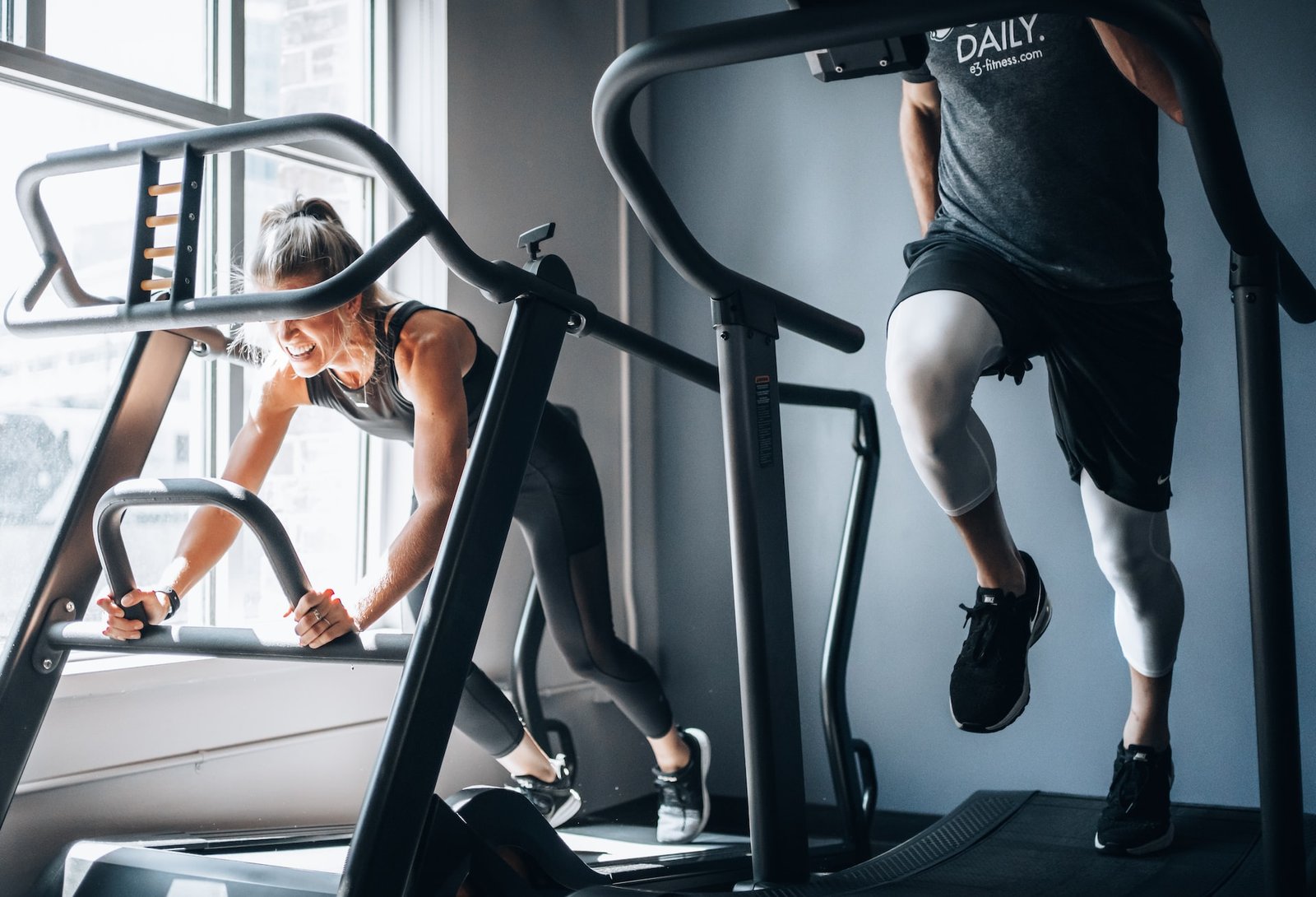The question of how long before exercise gives you energy is something you may have wondered about. The answer is usually two to three hours before you begin your workout. If you do not eat at least two hours before your workout, you may not have enough fuel to sustain you through your workout.
Eating a meal two to three hours before exercise
Whether you’re an athlete or just an active person, you need to make sure you get the right kind of nutrition before a workout. If you’re not careful, you can experience cramps or low blood sugar during your workout. Fortunately, it’s not impossible to get the nutrition you need. The key is to plan your meals ahead of time.
Before working out, you should be sure to eat a meal that contains protein, carbohydrates and healthful fats. Protein stimulates the production of new muscles and repairs existing ones. It also helps maintain muscle mass.
Carbohydrates are the body’s main source of energy. Eating a meal with carbohydrates before you workout will allow you to exercise at a higher intensity. They’ll also provide your body with glycogen, the fuel your muscles need for the exercise you’re planning.
Fats are important for everyone. However, eating too much before you workout can cause your stomach to hurt. That’s because fats digest slower than carbohydrates. This slow digestion may take away some of the oxygen your muscles need during your workout.
HIIT workouts give you the same buzz as a cup of coffee
If you want a pick me up that doesn’t come from caffeine, consider doing HIIT workouts. Not only does this type of workout boost your blood flow, but it also has the ability to strengthen your cardiovascular system.
High intensity interval training (HIIT) involves short bursts of intense exercise followed by periods of rest. HIIT workouts typically include cardio exercises, strength training, or a combination of the two.
Although HIIT may sound intimidating, it’s easy to start. Start by choosing a program that is led by an exercise professional. Once you feel comfortable with the routine, you can expand your HIIT fitness regimen.
A HIIT routine can be as short as six minutes. You can also incorporate push-ups, squats, and abs to add variety to your workout. HIIT doesn’t require special equipment, making it perfect for those who don’t have a lot of time for workouts.
You should always check with your physician before beginning any new type of workout, especially if you have any medical conditions. There are some risks associated with HIIT, including oxidative stress and decreased blood sugar levels.
Effects of exercise on your sleep-wake cycle and stamina
Exercise has a big impact on your sleep-wake cycle and stamina. Getting a decent night’s sleep is vital to good health. Fortunately, there are many ways to maximize your sleep, from simple stretches to light exercise.
Exercising a few minutes before bedtime may be the best way to get a good night’s sleep. If you’re in the mood for an active workout, you can opt for something like yoga, biking or running. While some studies suggest that late-night exercise isn’t the most beneficial, it is a good idea to base your exercise plan on your usual sleeping schedule.
A good exercise routine is the best way to keep your sleep-wake cycle on track. It also helps you sleep better and wake up feeling refreshed. However, if you can’t afford the time or the energy to hit the gym, there are plenty of exercises you can do at home.
Taking the time to do a little research can help you find the best exercise for your needs. For example, did you know that the best exercise for sleep is light stretching? This type of exercise helps to elevate your heart rate and prepares your body for a good night’s sleep.
Recovering quickly after a workout
Whether you are a recreational or professional athlete, recovering quickly after a workout is important. Not only will it help you to minimize muscle soreness, it will also prevent you from experiencing negative side effects, such as fatigue or headaches. A lot of people find that having an ice bath helps them recover.
You can also increase your recovery by taking a few essential oils. Some studies have shown that these oils can decrease soreness and boost energy levels. They can also improve your mood and sleep quality. In addition, you can trust a sports massage therapist to help you with your recovery.
Another thing to remember is to drink plenty of water. Water is an important part of your body’s metabolism, and when you are dehydrated, you can experience fatigue and headaches. It is also essential for regulating your body temperature. Drinking water after your workout will help you stay hydrated, and it will carry nutrients to your cells.

